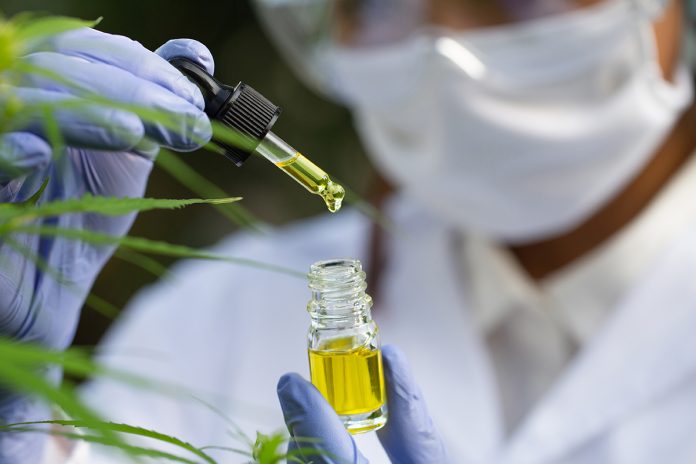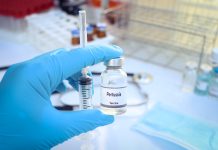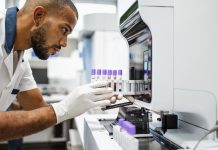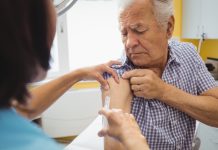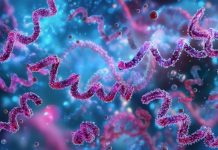Chris Gunning, General Manager – Accreditation Services at A2LA, discusses the value of accreditation in today’s cannabis industry
The medical application of cannabis and cannabis-derived products has been a hot topic for the last several years. With laws, public opinion, and the focus of scientific studies changing rapidly, it’s easy to lose sight of the fact that in many parts of the world, cannabis is a consumable product, and just like with all other consumable products, measures must be taken to ensure that it is both free of harmful contaminants and usable for its intended purpose.
Cannabis testing laboratories
The testing of cannabis-derived products for pesticides, pathogens, and other potentially harmful substances falls to cannabis testing laboratories, a segment that is growing in tandem with the medical cannabis industry overall. These laboratories are also responsible for testing cannabinoid content to ensure it is accurately represented on product labels, which is important for the effectiveness of cannabis products. Lawmakers, consumers, and cannabis industry professionals are increasingly insistent that cannabis laboratories should be accredited by a third-party organisation, such as A2LA because so much rests on confidence in the cannabis laboratories’ competency.
Accreditation is a comprehensive and unbiased way to ensure the competency of a testing laboratory. An accreditation body is an outside entity – usually, a non-profit – that evaluates and acknowledges a laboratory’s technical competence to perform specific tasks based on industry requirements. The results of these evaluations are then listed on a scope of accreditation and remain valid for a specified period before the laboratory must be evaluated again. A2LA, the most experienced accreditation body in the U.S. and one of the largest in the world, conducts evaluations based on international standards, which are designed around criteria, such as the implementation of quality processes, the technical skills and competency of the staff, the proper validation of methods, and the appropriateness of routine quality checks. These factors are indicators of whether a laboratory can produce consistent and scientifically valid results.
For cannabis testing laboratories, A2LA accredits to the requirements of ISO/IEC 17025, an international standard developed for testing and calibration laboratories. Because product labelling and purity is a universal concern, in economies where cannabis or cannabis-derived products, such as hemp and CBD have been legalised, cannabis laboratories are often required by law to be accredited to this standard. The requirements of ISO/IEC 17025 establish a laboratory’s ability to consistently produce valid test results, and even where it is not required by law, accreditation to this standard is recognised as an indicator of quality within the industry. ISO/IEC 17025 is applied throughout the world in many other high-profile industries, such as the testing of food and pharmaceuticals, environmental testing, and biosafety testing.
Third-party accreditation
Third-party accreditation is invaluable in countless industries, but the cannabis industry faces unique challenges that accreditation has the potential to mitigate. For cannabis laboratories, in particular, inconsistent test results have proven to be a very common problem. This can have many root causes: internally developed methods that have not been properly validated, improper sampling techniques, or statistically invalid sampling plans, to name a few. Often, there is a lack of effective training and little evidence of competence for cannabis testing personnel, and there is always some degree of risk that self-assessment by the laboratory may fail to identify potential problems.
Accreditation requires an assessor with industry-specific technical expertise to perform an independent assessment of the laboratory. Because these assessors are unaffiliated with the laboratories themselves, accreditation provides reliable assurance of the laboratory’s competence to all relevant parties. A2LA typically requires that their assessors have ten or more years of bench-level experience in the disciplines for which they will conduct assessments, as well as extensive training on the relevant standard. The purpose and design of the assessment process is simple: to find objective evidence of compliance with the standard and the technical competence of the laboratory. If objective evidence cannot be confirmed, these gaps are reported as non-conformances.
In addition to the on-site assessors, A2LA also employs the largest full-time accreditation body staff in the industry, who are responsible for reviewing deficiencies and corrective action responses, ensuring that the laboratory’s follow-up actions effectively resolve any reported issues and prevent reoccurrence. Many A2LA staff members are also members of standards development organisations, such as ASTM and AOAC. Staff regularly attend cannabis industry events to stay up to date on industry developments and closely follow regulations to stay informed about all aspects of this field.
While accreditation is now a requirement for cannabis testing laboratories in many regions, it is not simply a formality; accreditation provides a valuable service to the laboratory as well. Assessments are designed to allow laboratories to demonstrate their expertise but are also an opportunity for learning, growth, process improvement and correction. Conformity to the requirements of ISO/IEC 17025 requires that laboratories have an appropriate quality management system in place, as well as standardised methods (whether externally or internally developed) that produce valid results. Meeting these requirements in order to achieve accreditation can improve the laboratory’s efficiency, minimise errors, and encourage the laboratory to thoroughly evaluate its long-term planning and internal structure. It benefits the laboratory to have A2LA identify potential problems first, rather than clients, a regulatory authority, or – worst of all – through instances of potentially harmful products reaching the public.
Because third-party accreditation is globally recognised as an indicator of quality and competence, accreditation not only provides the material benefits of supporting product quality and providing a framework for laboratory effectiveness, it also helps improve public confidence in the cannabis industry in general. A2LA has chosen to make the cannabis industry a focal point in its accreditation mission because of the incredible potential that accreditation has to support and accelerate this industry, and to advocate for consumer wellbeing.
Please note: This is a commercial profile

